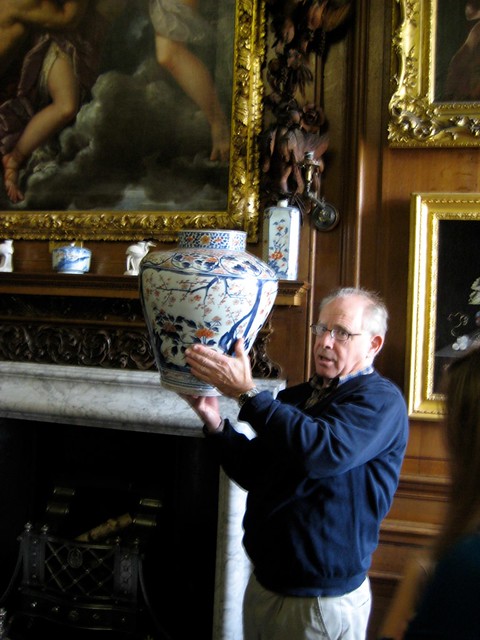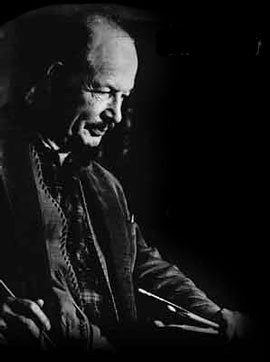One of the world's great experts, Gordon Lang, has died. He passed in his sleep on October 9.

Gordon was one of the world's foremost authorities of European and Asian ceramics. He dedicated the last and best years of his life to teaching new generations of experts, who are now writers, dealers, curators and directors of museums all over the world. Despite mastering a bewildering array of disciplines (e.g. history, chemistry, anthropology, geography, iconography, engineering), Gordon was remarkably humble; more at home in a pub than a library. He loved nothing more than going sharing a larger with his students.
Born in Scotland and trained as an engineer, Gordon worked in Sotheby's department of ceramics before taking a teaching post at Sotheby's Institute of Art. He worked for the auction house at a time when the science of ceramics converged with aesthetic appreciation.The resulting flood of market interest fueled both a new generation of collectors and forgerers. Gordon handled tens of thousands of objects, developing an unmatched, highly-sought-after ability to distinguish wheat from the chaff. His books, Wrestling Boys: Catalogue of the Exhibition of Chinese & Japanese Ceramics from the 16th to the 18th Century in the Collection at Burghley House and The Powell Cotton Collection of Chinese Ceramics, are essential manuals for serious scholars and collectors.
Just before learning about Gordon death, I had sent him an email. I was hoping to see the new ceramics galleries at the Victoria & Albert Museum, followed by dinner. Instead, I met with friends to talk about how generous Gordon had been to all of us.

